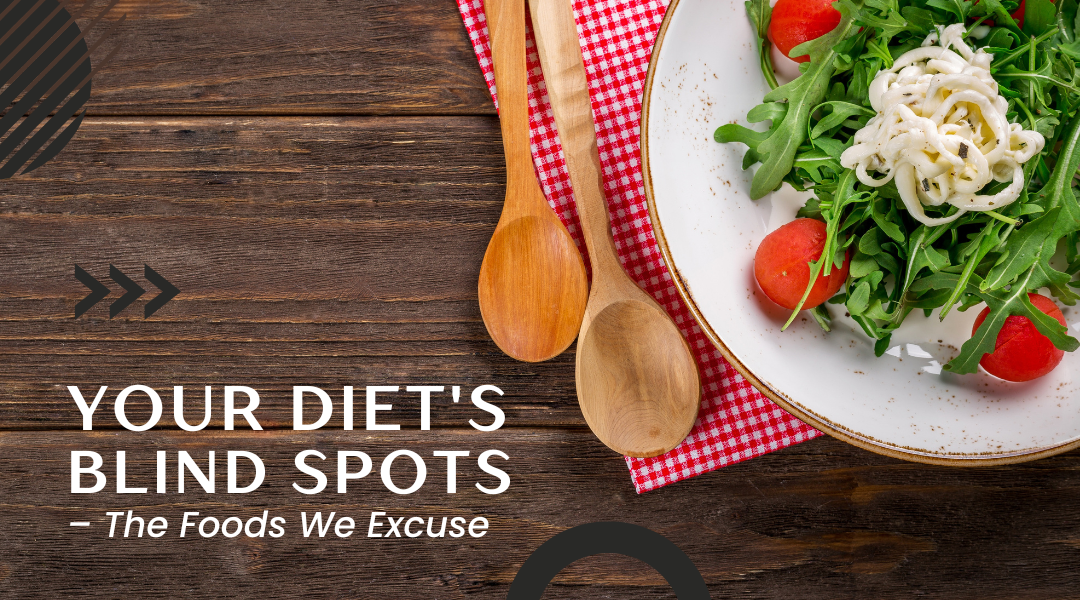We spend a lot of time talking about the “superfoods” we should add to our diets, but sometimes the most powerful step toward wellness is understanding what to subtract. The modern food landscape is filled with convenient, tasty, and often deceptive options that can quietly undermine our health. It’s not about fostering a mindset of fear, but one of awareness—recognizing how certain everyday choices can create a internal environment that’s more susceptible to chronic issues, including cancer. Let’s pull back the curtain on these common dietary saboteurs.
The Preserved and Processed Problem
It’s hard to resist the sizzle of bacon or the savory punch of salami. However, these processed meats are more than just a source of protein; they’re chemical projects. To achieve their long shelf life and characteristic color, they’re treated with nitrates and nitrites. The real concern arises when these compounds interact with the high heat of cooking or even with our own digestive juices, potentially forming nitrosamines—substances recognized by global health bodies as carcinogenic. Think of it less as eating meat and more as consuming a preserved product that your body has to work hard to break down safely, with the evidence consistently linking high consumption to cancers of the digestive tract.
The Double Whammy of Heat and Fat
Foods like french fries, fried chicken, and doughnuts pose a two-fold threat. First, the process of frying at high temperatures, especially when oil is reused, can create trans fats and a chemical byproduct called acrylamide. Acrylamide isn’t an ingredient; it’s a byproduct of starchy foods cooked at high heat, and it’s been flagged as a potential health risk. Second, these foods are incredibly calorie-dense without offering any meaningful nutritional value. They’re designed to be eaten quickly and in large quantities, promoting weight gain and, crucially, a state of chronic inflammation within the body. Inflammation is like a constant, low-grade alarm system in your body, and over time, it can create conditions where unhealthy cells are more likely to thrive.
The Illusion of “White” Foods
There’s a stark difference between a whole grain and its refined counterpart. When whole wheat is processed into white flour, the most nutritious parts—the bran and the germ, packed with fiber, vitamins, and minerals—are stripped away. What remains is a simple carbohydrate that your body processes almost instantly. This causes a rapid spike in blood sugar, followed by a crash. This rollercoaster stresses your metabolic system and can lead to insulin resistance over time. Foods like white bread, pastries, and many common crackers are essentially “empty calories.” They fill you up temporarily but provide no building blocks for health, leaving you undernourished even as you gain weight.
The Liquid Sugar Trap
Perhaps the most insidious category is sugary drinks. Your brain doesn’t register calories from liquids the same way it does from solid food. Gulping down a soda, a sweetened coffee drink, or even a seemingly healthy packaged fruit juice delivers a massive, rapid dose of sugar straight to your system. This isn’t the natural sugar found in a piece of fruit, which is packaged with fiber that slows its absorption. This is a concentrated hit that overwhelms your liver, promotes fat storage, and directly contributes to obesity and metabolic dysfunction—both of which are significant risk factors for numerous health conditions.
The Takeaway: Awareness, Not Anxiety
The goal here isn’t to label these foods as “poison” or to suggest a life of perfect eating. That’s neither realistic nor sustainable. The point is to shift from unconscious consumption to mindful choice.
Understanding that a daily habit of processed meats or sugary drinks is like repeatedly exposing your body’s intricate systems to a stressor allows you to make more informed decisions. It’s about proportion and frequency. Opting for whole-grain bread over white, choosing air-popped popcorn over chips, or flavoring your own water with fruit instead of reaching for a soda are small but powerful acts of dietary defense. By gradually crowding out these disruptive foods with more nourishing options, you’re not just avoiding harm—you’re actively building a foundation of resilience from the inside out.
